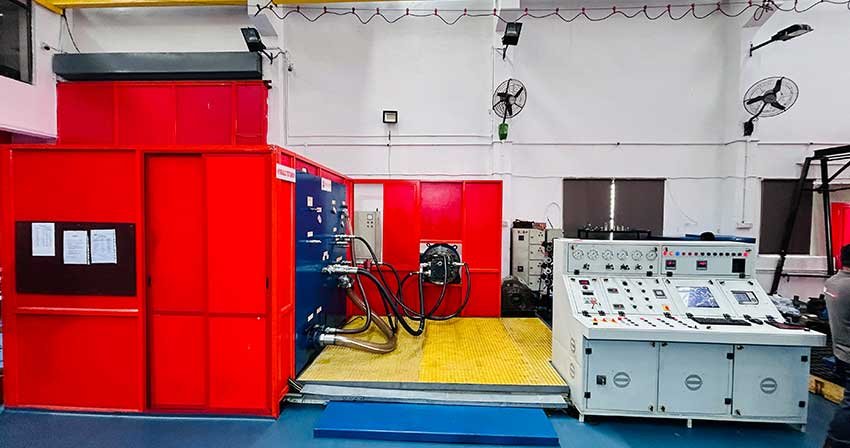Damage Occurs in Hydraulic System
The most common causes of poor hydraulic performance are particulate contamination, water contamination, clogged filters, high fluid temperature and incorrect hydraulic fluids.
Cavitation & Contamination
Cavitation occurs when the oil volume demanded by any part of a hydraulic circuit exceeds the oil volume supplied. This causes the absolute pressure in that part of the circuit to fall below the vapor pressure of the hydraulic fluid. This results in the formation of vapor cavities within the fluid, which implode when compressed, causing a characteristic knocking noise.
Cavitation causes metal erosion, which damages hydraulic components and contaminates the fluid. In extreme cases, cavitation can cause mechanical failure of system components.
Water Contamination
Water not only affects the components of a hydraulic system, but also change the fluid itself, physically and chemically. The physical properties most affected by the presence of water include:
- viscosity
- lubricity and load-carrying characteristics
- power transfer characteristics (compressibility),
This leads to increased component wear, shortens the life of the pump & other equipment. Presence of water in the system builds a corrosive environment.
Break down
The most common causes of hydraulic system failures are:
- Clogged and dirty oil filters
- An inadequate supply of oil in the reservoir
- Leaking seals
- Loose inlet lines, which cause pump cavitation and eventual pump damage
- Incorrect type of oil
- Excessive oil temperature & Pressure





























